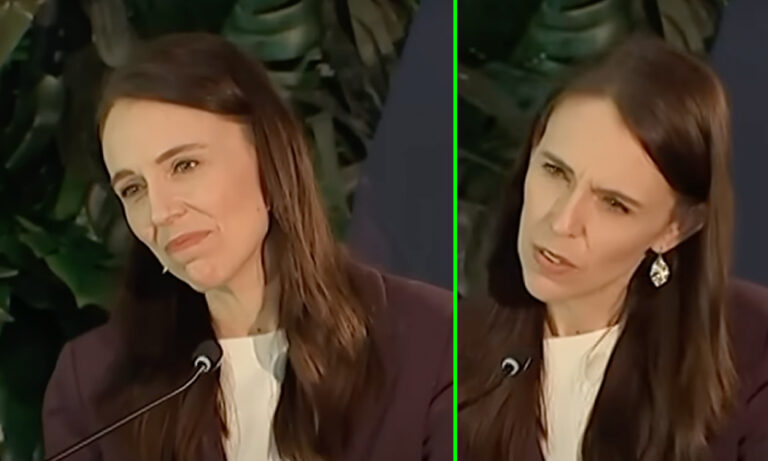Prime Ministers Jacinda Ardern and Sanna Marin slam sexist journalist during recent conference
In what appears to be a disappointing and never-ending cycle, female world leaders are still having to shut down misogynistic and sexist questions during public appearances. The Prime Minister of New Zealand, Jacinda Ardern, and the Prime Minister of Finland, Sana Marin, recently joined forces for a press conference—as political leaders often do. What happened next is a situation we see occur far too often when it comes to women.
During questioning from a number of news outlets, a journalist casually stated: “A lot of people will be wondering, are you two meeting just because you’re similar in age and got a lot of common stuff there?” Almost instinctively, Ardern interrupted him mid sentence and pondered: “I wonder whether or not anyone ever asked Barack Obama and John Key if they met because they were of similar age.”
@nbcnews #NewZealand PM #JacindaArdern and #Finland PM #SannaMarin respond to a reporter's question about whether they met because they are "similar in age."
♬ original sound - nbcnews
According to the BBC, the male journalist was from New Zealand radio network Newstalk ZB. Ardern continued, stating: “We, of course, have a higher proportion of men in politics, it’s reality. Because two women meet, it is not simply because of their gender. Our meeting today is a chance… [to] really leverage the economic opportunities between our two countries. It’s our job to further it, regardless of our gender.”
The clip—which captures the moment in question—has since gone viral online, with a number of netizens emphasising the blatant sexism that still exists within international politics. Rather than posing a question about the political relationship between New Zealand and Finland—which would have been more poignant considering this was the first time a Finnish world leader had visited the country—this journalist decided to concentrate on diminishing the political stature of Ardern and Marin by insinuating that their reasons for meeting may share a similar hair care routine.
This is also, of course, not the first time either of these politicians have had to counter sexist remarks while carrying out their public duties. In August 2022, Marin faced a slew of criticism after videos surfaced of her dancing with her friends. The world leader was ultimately pressured into taking a drug test in order to prove the innocence of the event.
The New Zealand Prime Minister has also proved time and again that she will not stand for any gender-based criticism some may try to throw her way. In 2018, Ardern remained as calm as ever during an Australian 60 Minutes interview, wherein she endured an incredibly inappropriate line of questioning. At one point, reporter Charles Wooley told Ardern he was “smitten” with her and then proceeded to ask her when her baby was conceived. Poised as always, the Prime Minister simply rolled her eyes and continued with the conversation.
While these political leaders are more than capable of defending themselves and acting composed in public, the fact of the matter is that they shouldn’t have to condone such behaviour in the first place.






